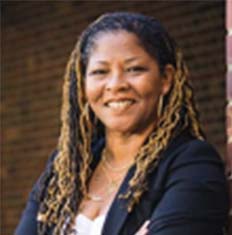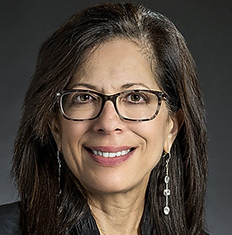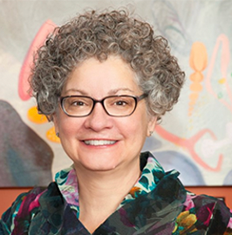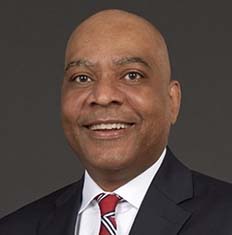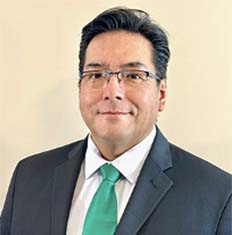Health Equity
Stand Up To Cancer’s Health Equity Initiative aims to improve disparities in cancer research, screening and treatment.
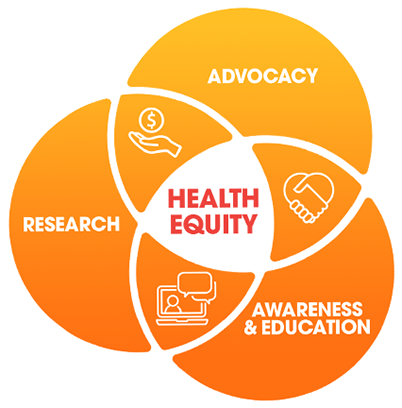
Communities of diverse race and ethnicity, as well as people living in rural communities, are frequently underserved by the health care system. This can result in poorer health outcomes, which is the case with cancer much too often. The conditions in which people live, work, learn and play, as well as mistrust or fear of the health care system or language and financial barriers, can also contribute to disparities in cancer research, screening and outcomes.
SU2C is tackling this issue by mandating that our research addresses the recruitment and retention of medically underserved communities in cancer clinical trials. We’re also spearheading several research, education and cancer screening efforts, and encouraging other funders and research entities to take similar steps. All with the shared goal of achieving equity for all cancer patients.

For true breakthroughs to be made, diverse representation must be prioritized at every step of the journey.
NEWS AND MEDIA
Through announcements that share our Health Equity Initiative’s progress and key programs as well as news stories that highlight the need for improved cancer health equity, SU2C is taking a leading role in initiating critical conversations and solutions to address cancer disparities.
Awareness & Education
One of the three core pillars of Stand Up To Cancer’s Health Equity Initiative is awareness and education around diversity in cancer research, treatment and prevention.
These efforts promote clinical trials as one of the ways to access the most advanced treatments and they also include information on the importance of cancer prevention via timely and consistent cancer screenings.
RESEARCH & AWARDS
The second pillar focuses on research and awards. SU2C is dedicated to funding research and community engagement awards focused on addressing disparities in cancer screening and clinical trials.
SU2C’s Health Equity Committee has developed high standards to solicit proposals from prospective researchers in order to increase diverse participation in cancer clinical trials. SU2C has funded research projects that are specific to underserved communities.
SU2C has funded community engagement awards for health advocacy organizations in regional areas to complement and assist the research being conducted by several health equity-focused teams. Six advocacy organizations have received awards to increase colorectal cancer screening and education in collaboration with the SU2C Colorectal Cancer Health Equity Dream Team.
Collaborations
The final pillar involves advocacy and collaborations. SU2C is committed to joining forces with various advocacy organizations to ensure the communities they serve know how to get involved in cancer research, and have access to preventative screenings.
As a leading funder of cancer research, SU2C is taking tangible steps to improve health equity and setting standards that we hope others adopt to increase diverse participation in cancer clinical trials.
SU2C joined forces with HHPH to create a health literacy initiative featuring an original song and music video that raise awareness about the importance of colorectal cancer screening. The PSAs in English and Spanish, and specifically focuses on reaching Black and Hispanic Americans, who are disproportionately impacted by low colorectal cancer screening rates.
In collaboration with the Black Women’s Health Imperative and Friends of Cancer Research, SU2C developed an advocate training program to empower Black women through education and outreach to participate in and effectively engage with researchers and clinicians to increase participation of Black women in cancer-focused clinical trials.







